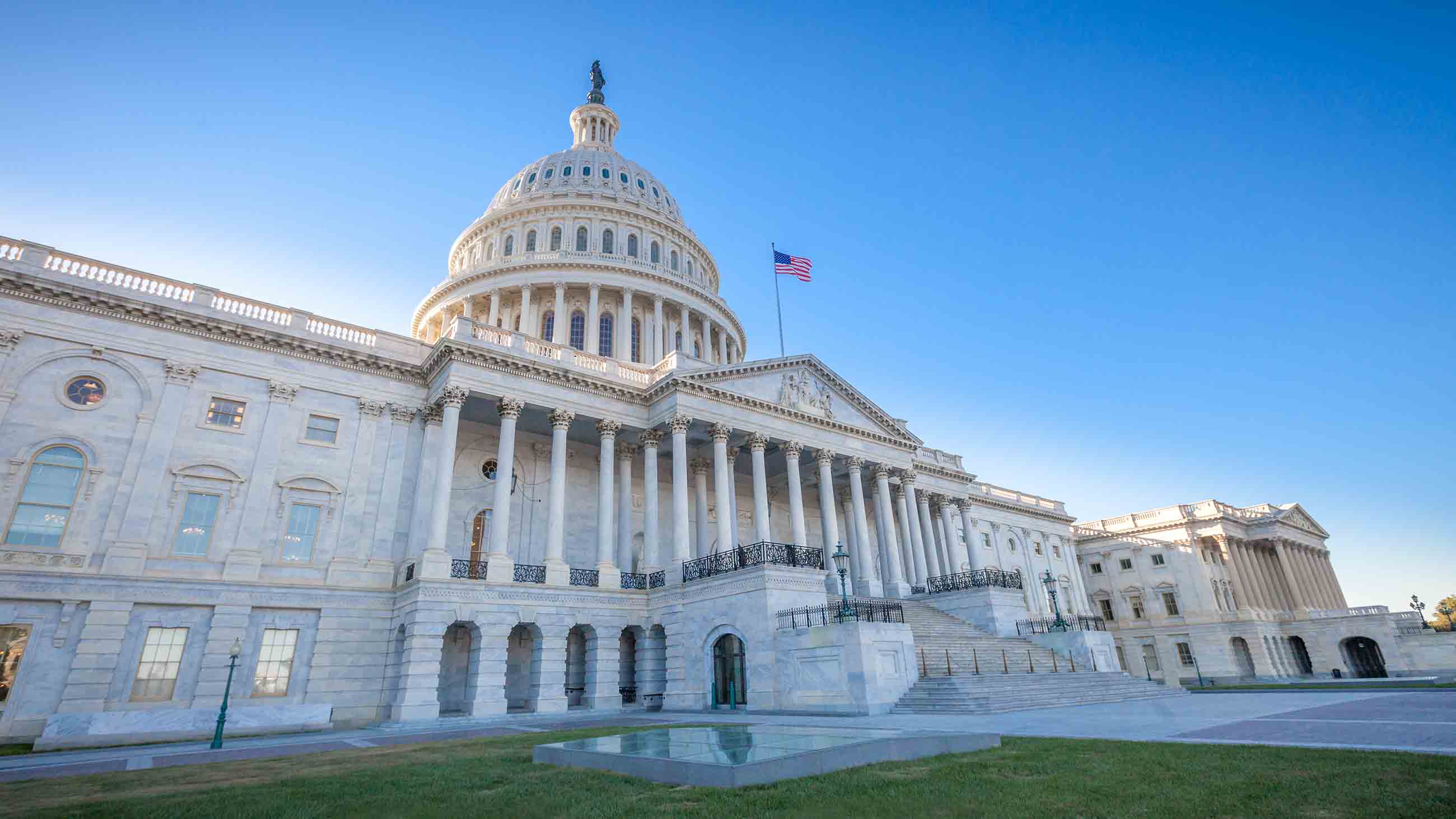Category: Uncategorized
-

Senate Committee Approves Collaborative Practice Ratio Increase
Last Wednesday, the Senate Health Committee approved an amended version of legislation dealing with the ratio of physicians to nurse practitioners in a collaborative practice. Originally, the bill would have allowed physician collaboration with an “unlimited” number of full-time equivalent nurse practitioners or nurse-midwives. However, after significant input from the Medical Association, the legislation deletes “unlimited”…
-

Proposed Importation of Prescription Drugs from Canada
On December 18, 2019, the Food and Drug Administration (“FDA”) issued a proposed rule (the “Proposed Rule”) to amend its regulations to implement a provision of the Federal Food, Drug, and Cosmetic Act to allow importation of certain prescription drugs from Canada. The purpose of the Proposed Rule is to lower prices and reduce out-of-pocket…
-

Competing Surprise Billing Measures Released
Early this week, Senator Lamar Alexander (R-TN), the Chairman of the Senate Health, Education, Labor, and Pensions (HELP) Committee, and Representatives Frank Pallone (D-NJ) and Greg Walden (R-OR), the Chairman and Ranking Member of the House Energy and Commerce Committee announced an agreement on legislation to end surprise medical bills. The two members issued a…
-

Opioid Cumulative Daily Morphine Milligram Equivalents Limit – MME Decrease
Effective December 2, 2019, the Alabama Medicaid Agency will implement hard edits on cumulative daily MME claims exceeding 200 MME/day. A phase-in period for claims exceeding 150 MME/day, but less than 200 MME/day, will also be implemented. Examples of MME calculations/day include: • 10 tablets per day of hydrocodone/acetaminophen 5/325 = 50 MME/day • 6…
-

ALAPAC Ends with Record Year!
Last week, ALAPAC capped off its FY 2018-2019 fundraising campaign on a high note. Although we narrowly missed our total fundraising goal, ALAPAC set multiple new giving records thanks to the generosity of Alabama physicians. In total, nearly 120 physicians gave more than the standard amount of $250! Specifically, 10 physicians contributed $1,000 or…
-

Alabama Hospitals Want to Limit Physician In-Office Procedures
The Alabama Hospital Association (ALAHA) submitted a letter to a state health agency this week complaining of increasing instances of physicians performing interventional procedures in their offices instead of in acute care hospitals. The ALAHA letter states “We strongly believe most interventional procedures should be done in a general acute care hospital setting.” It further states…
-

Sign-on Letter: Improving Seniors’ Timely Access to Care Act
September 9, 2019 Dear Members of Congress: The undersigned patient, physician, health care professional, and other health care stakeholder organizations strongly support the Improving Seniors’ Timely Access to Care Act of 2019 (H.R. 3107) recently introduced by Reps. Suzan DelBene (D-WA), Mike Kelly (R-PA), Roger Marshall, MD (R-KS), and Ami Bera, MD (D-CA). This bipartisan…
-

First Impressions
In the last few years, healthcare providers have come to realize the effect of consumerism on their practice. Consumers increasingly view healthcare as a commodity to be compared and shopped. Social media has allowed patients to share experiences, good and bad. Online reviews are visible on many websites, it is now more likely for consumers…
-

2019 Women in Medicine Month Begins
September is the AMA’s Women in Medicine (WIM) Month, which serves to showcase the accomplishments of women physicians as well as highlight advocacy affecting female physicians and health issues impacting female patients. This year’s theme is Women in Medicine: Trailblazers, Advocates and Leaders. To celebrate the importance of current and future female physicians, the Medical…
-

Get To Know Charlotte Meadows
1. While you have been active around Montgomery for quite some time, can you tell us a little bit about yourself? Primary occupation? Interests? Hobbies? I grew up in Montgomery and graduated from Jeff Davis HS before going to Auburn for college. I married Allen in 1986 who, at the time, was a pediatrician in…